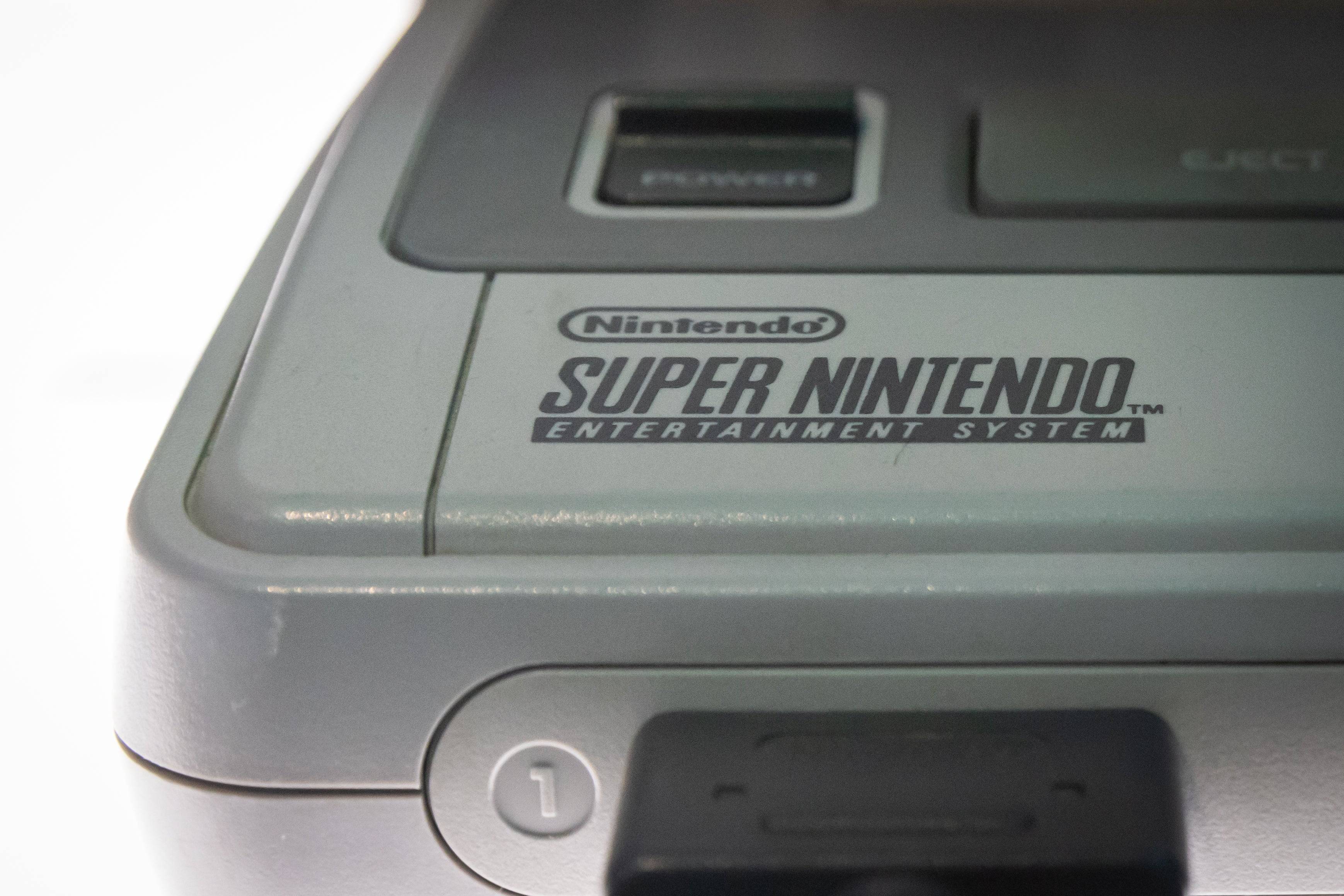"SNES Speeds Up with Age, Puzzling Speedrunners"
The speedrunning community is grappling with an intriguing technological phenomenon: the SNES appears to be running games faster as it ages. In early February, Bluesky user Alan Cecil (@tas.bot) ignited discussions by suggesting that the nearly 50 million SNES units sold might now perform better than when they were new in the 1990s. This unexpected theory implies that classics like Super Mario World, Super Metroid, and Star Fox could benefit from enhanced performance over time.
The notion that a video game console could improve its efficiency as it ages seems far-fetched, yet Cecil's research points to a specific component—the audio processing unit (APU) SPC700. According to an interview with 404 Media, official Nintendo specifications indicate that the SPC700 operates at a digital signal processing (DSP) rate of 32,000Hz, driven by a 24.576MHz ceramic resonator. However, retro console enthusiasts have noted variations in these rates influenced by environmental factors like temperature, which subtly affect the console's audio processing and, consequently, game speed.
 The plot thickens when examining how these DSP rates have evolved over the past 34 years. Cecil called on SNES owners to contribute data, and the over 140 responses he received indicate a clear trend toward higher DSP rates in recent times. Where the average DSP rate was recorded at 32,040Hz in 2007, Cecil's latest findings peg it at 32,076Hz. While temperature fluctuations do impact these numbers, they are not substantial enough to explain the observed increase, suggesting that the SNES is indeed processing audio faster with age.
The plot thickens when examining how these DSP rates have evolved over the past 34 years. Cecil called on SNES owners to contribute data, and the over 140 responses he received indicate a clear trend toward higher DSP rates in recent times. Where the average DSP rate was recorded at 32,040Hz in 2007, Cecil's latest findings peg it at 32,076Hz. While temperature fluctuations do impact these numbers, they are not substantial enough to explain the observed increase, suggesting that the SNES is indeed processing audio faster with age.
In a follow-up Bluesky post, Cecil shared detailed data, noting, "Based on 143 responses, the SNES DSP rate averages 32,076Hz, rising 8Hz from cold to warm. Warm DSP rates go from 31,965 to 32,182Hz, a 217Hz range. Therefore, temperature is less significant. Why? How does it affect games? We do not know. Yet."
While the phenomenon is fascinating, Cecil acknowledges that further research is necessary to understand how much faster the SNES is processing game audio and to pinpoint the exact cause. Historical data from the console's first decade is scarce, but the SNES is seemingly aging gracefully as it approaches its 35th anniversary.
This development has stirred the speedrunning community, as a progressively faster SPC700 could theoretically shorten load times and alter game performance. However, the impact on speedruns is not straightforward. Even under the most extreme scenarios, the difference might only be less than a second. The effect on individual games remains a topic of debate, and there's no clear evidence yet on how longer speedruns might be influenced.
As Cecil continues to explore what drives the SNES's performance, the console remains vibrant into its 30s. For more insights into the SNES, check out the list of best-selling consoles of all time.
-
Stellar Blade is an action-adventure game for the PS5, developed by Shift-Up Studios and published by Sony Interactive Entertainment. Keep reading for the latest news and updates on the game!← Return to Stellar Blade main articleStellar Blade News202Author : Alexander Jan 07,2026
-
Epic Games Store now offers free games on mobile every weekThe latest additions include Super Meat Boy Forever Mobile and Eastern ExorcistNew titles will be released every ThursdayThe Epic Games Store, recently launched on iOS, will not only continueAuthor : Ryan Jan 07,2026
-
 Futa Concoction– Pat 2Download
Futa Concoction– Pat 2Download -
 Super Texas Poker--Best Free Texas Hold'em pokerDownload
Super Texas Poker--Best Free Texas Hold'em pokerDownload -
 Clash IslandDownload
Clash IslandDownload -
 Flight Pilot: 3D SimulatorDownload
Flight Pilot: 3D SimulatorDownload -
 Word SwipeDownload
Word SwipeDownload -
 My School Is a Harem (v0.33)Download
My School Is a Harem (v0.33)Download -
 Boomstar - Piano Music MasterDownload
Boomstar - Piano Music MasterDownload -
 Lazy JumpDownload
Lazy JumpDownload -
 Skate SpaceDownload
Skate SpaceDownload -
 Khảo Sát 100Download
Khảo Sát 100Download
- Black Ops 6 Zombies: How To Configure The Summoning Circle Rings on Citadelle Des Morts
- Harvest Moon: Lost Valley DLC and Preorder Details Revealed
- Roblox: Latest DOORS Codes Released!
- Silent Hill 2 Remake Coming to Xbox and Switch in 2025
- Roblox: Blox Fruits Codes (January 2025)
- Roblox: Freeze for UGC Codes (January 2025)








![Taffy Tales [v1.07.3a]](https://imgs.ehr99.com/uploads/32/1719554710667e529623764.jpg)




